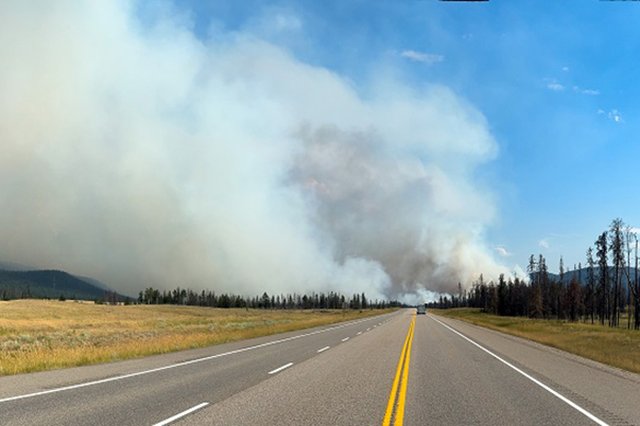Nova Scotia Liberals turn down NDP bid to set fixed election dates
Posted Mar 2, 2020 08:17:09 PM.
HALIFAX — The latest attempt to propose a fixed election date in Nova Scotia was shot down by the governing Liberals on Monday, ensuring the province remains the only one in Canada without a set date to go to the polls.
The move came as the provincial legislature’s law amendments committee examined proposed changes to the Elections Act that would also allow limited internet voting for the military, along with financial reimbursement for candidate expenses related to family care.
The NDP amendment called for elections to be set for the first Tuesday in June in the fourth calendar year of a government’s mandate, but it was quickly voted down by the Liberal majority on the committee.
NDP house leader Claudia Chender said her party’s move was prompted by persistent rumours of an early election call following the government’s budget tabled last week.
“We don’t have to have that (election) conversation every time the government makes a decision, and yet we do,” said Chender. “Elections are a political tool in the tool box of the government of the day, and we think that’s wrong and we think it’s long since time to change it.”
The Opposition Progressive Conservatives also support setting a fixed election date, having tried a similar a similar move during the law amendments committee process in the spring of 2016. The Tories also proposed legislation during the fall session later the same year.
Tory committee member John Lohr pointed out that Premier Stephen McNeil supported fixed dates while on the opposition benches.
“It represents a major flip-flop on the part of the government that they are not supporting it,” Lohr said.
Since coming to power in 2013, McNeil has consistently turned down setting a fixed date, saying it hasn’t worked in instances where provinces have called early elections.
However, Nova Scotia’s chief electoral officer Richard Temporale supports the idea, saying it would give his office the advance notice needed to plan better for elections.
“We scramble when you get a date called which we are not privy to, so from a prep point of view it’s important to us,” said Temporale.
He said it would also help level the playing field for political parties in terms of readiness.
“I think it gives opportunities for all parties to be collectively ready … to get their candidates lined up to get their advertising prepared.”
Temporale recommended setting a fixed date following the 2013 provincial election.
This report by The Canadian Press was first published March 2, 2020.
Keith Doucette, The Canadian Press








